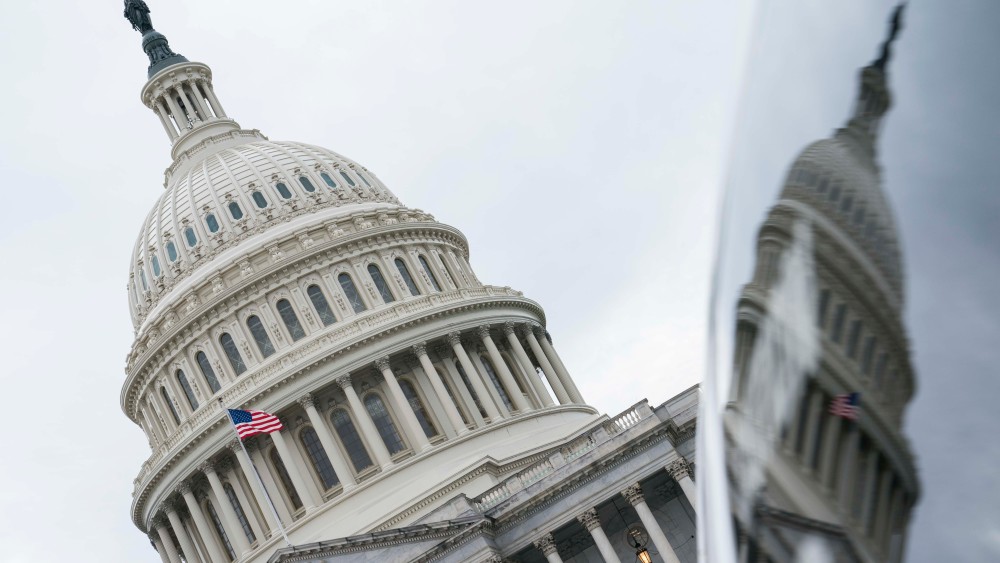
Universal Music Group, the world’s largest music rights company, has requested aid from the United States Congress to combat copyright infringement by people using and developing new AI technology.
Jeffery Harleston, UMG’s general counsel/executive vice president of business and legal affairs, spoke as a witness in a Senate Judiciary Committee on July 12 and called for a federal “right of publicity” — the intellectual property right that shields a person’s likenesses such as their voice and name (some states already follow this guideline but Harleston is arguing for a nationwide statute). According to a report by Music Business Worldwide, the company also requested copyright owners should have awareness of AI training models and that all “AI-generated content” should be labeled as such.
The music industry has been quick to respond to the fast rise of AI technology and its legal complexities. Paul McCartney recently revealed that AI was used to purify an old recording of the late John Lennon in order to create a new song from the Beatles that McCartney is billing as the band’s last original release. There’s also the deep-fake-Drake and the Weeknd track, “Heart on My Sleeve,” which was rapidly racking up listens and views until DSPs began deleting the track during the day, presumably under pressure from UMG.
UMG is one of more than 40 organizations behind the Human Artistry Campaign — a coalition made in response to the music industry. The members also include the Recording Academy, the National Music Publishers Association, the Recording Industry of America and others.
Their goal is “to ensure artificial intelligence technologies are developed and used in ways that support human culture and artistry – and not ways that replace or erode it,” the organization outlined principles advocating AI best practices, “emphasizing respect for artists, their work, and their personas; transparency; and adherence to existing law including copyright and intellectual property.”
Harleston’s closing statement also made note of some of the positives of AI, emphasizing that the use of someone’s likeness “without authorization, without consent simply is not a good thing.”











